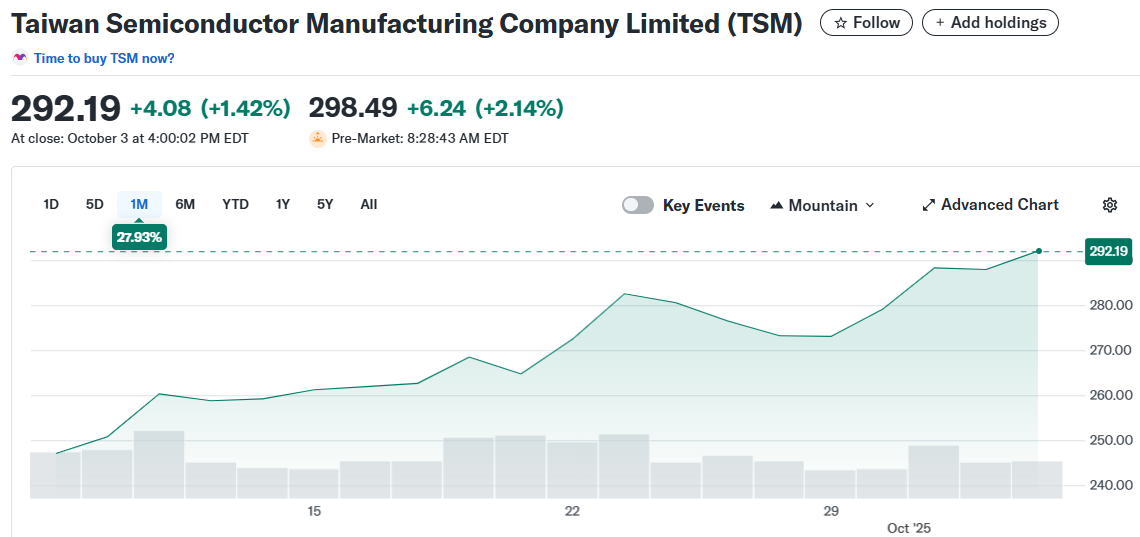TLDR
- Billionaire Stanley Druckenmiller completely sold his Nvidia stake of 214,060 shares in Q3 2024 and nearly 770,000 Palantir shares over nine months
- Druckenmiller publicly stated AI might be “overhyped now” in May 2024 interview, hinting at bubble concerns
- TSMC became fifth-largest holding at Duquesne Family Office with 765,085 shares purchased across four quarters
- Teva Pharmaceutical rose to second-largest position with 15,968,935 shares accumulated in consecutive quarters
- Valuation concerns drove exits as Nvidia’s P/S ratio nears 30 while Palantir trades at 137 times sales
Stanley Druckenmiller has reshuffled his Duquesne Family Office portfolio with major moves away from artificial intelligence stocks. The billionaire investor eliminated positions in Nvidia and Palantir Technologies while building substantial stakes in two other companies.
Druckenmiller disposed of his complete Nvidia holding of 214,060 shares during the third quarter of 2024. He also sold nearly 770,000 Palantir shares between June 2024 and March 2025.
The exits came after both stocks delivered exceptional returns. Nvidia climbed nearly 1,200 percent since early 2023. Palantir surged over 2,800 percent during the same timeframe.
Both companies maintain strong market positions in AI. Nvidia controls the AI chip market with its Hopper and Blackwell processors for data centers. Palantir’s Gotham and Foundry platforms serve government agencies and enterprise clients with AI-powered analytics.
Valuation and Bubble Concerns Drive Selling
Druckenmiller expressed caution about AI valuations during a May 2024 CNBC interview. He suggested the technology could be “a little overhyped now, but under-hyped long term.”
His statement reflects historical patterns where breakthrough technologies experience early bubble events. Most businesses have not yet generated positive returns on AI investments.
Price-to-sales ratios appear stretched for both companies. Nvidia’s P/S ratio approaches 30 while Palantir trades at 137 times sales. Megacap companies leading transformative trends have historically peaked at P/S ratios between 30 and 40.
These valuation multiples have never been sustained by large companies for extended periods. The high valuations may have triggered Druckenmiller’s decision to take profits.
Four Consecutive Quarters of Buying
Druckenmiller accumulated Taiwan Semiconductor Manufacturing Company shares for four straight quarters. TSMC now ranks as Duquesne’s fifth-largest holding with 765,085 total shares.

His purchases included 57,355 shares in Q3 2024, 50,160 shares in Q4 2024, 491,265 shares in Q1 2025, and 166,305 shares in Q2 2025.
TSMC manufactures chips for Nvidia and other GPU makers. The company also produces semiconductors for smartphones, IoT devices, and automobiles. Analysts project TSMC will report earnings of $2.56 per share on October 16, 2025, representing 31.96 percent year-over-year growth.
Teva Pharmaceutical Becomes Major Position
Teva Pharmaceutical Industries emerged as Duquesne’s second-largest holding. Druckenmiller purchased 1,427,950 shares in Q3 2024, 7,569,450 shares in Q4 2024, 5,882,350 shares in Q1 2025, and 1,089,185 shares in Q2 2025.
The drugmaker resolved opioid litigation with a $4.25 billion settlement spread across 13 years. Management reduced net debt through asset sales and operational cash flow.
CEO Richard Francis shifted strategy toward novel drug development. Teva’s tardive dyskinesia treatment Austedo is projected to reach or exceed $2 billion in sales this year. The company now trades at a low forward price-to-earnings ratio after quantifying its legal liabilities.





